Small-Business Partnerships to Be Priority of IRS Exams: Taxes

Small-Business Partnerships to Be Priority of IRS Exams: Taxes
The Internal Revenue Service is shifting its small-business audit focus from corporations to various types of partnerships as those entities have grown more prevalent and complex, according to an agency official and reported by Bloomberg News.
Examining the returns from partnerships and other so-called pass-throughs will be the “top priority” of the IRS’s Small Business/Self-Employed Division over the next year and beyond, said Faris Fink, the head of the office. As part of that shift, more and better training of IRS agents is needed, Fink said at the American Institute of CPAs National Tax Conference last week in Washington, Bloomberg BNA reported.
“The Service has for a long time focused its energy on corporations,” he said. “Frankly, we’re a little bit behind the curve in getting around to developing a partnership strategy.”
Pass-throughs, which include S corporations and sole proprietorships, are businesses that don’t pay income taxes directly. Instead, their income is passed through to their owners who pay taxes on it on their individual returns. Pass-throughs comprise almost 95 percent of all U.S. business entities, according to IRS statistics.
Between 2007 and 2011, the number of partnerships grew by 15.3 percent and now constitute a significant percentage of returns for both IRS’s small business division and the Large Business & International Division, Fink said.
Training Issue
For IRS employees, challenges they face due to a lack of experience and training in auditing these entities are accentuated by the complexity of modern partnership structures, he said. The IRS now sees partnerships with 82,000 partners and structures ranging from 125 to 182 tiers, Fink said.
“Frankly, our training was not geared for dealing with those types of large, complex partnerships,” he said. “Historically, we would think of a partnership of having, say, 10 partners” with a limited number of tiers.
The IRS also is aware that the way some large partnerships are organized is partly designed to make it tough for the agency to identify substantive transactions by the businesses, Fink said.
“We as an organization have recognized that this is something that we’ve got to be paying attention to, not just this year, but going forward,” he said.
The IRS increased training on partnership issues for field examiners and revenue agents during the last year, Fink said. Addressing tax preparers, he also said, “It’s going to be challenging for you, because you’re going to be interacting with some of those folks.”
Research Program
In other comments at the conference, Fink said taxpayers and tax practitioners should be able to more easily access information from the IRS’s multiyear National Research Program. The program randomly selects a certain number of returns over several years to track new areas of taxpayer noncompliance and to develop better strategies for audits.
“We’re going to try to be a little more transparent as far as sharing information from the NRP,” he said. “For a while, organizationally, we’ve treated it pretty much as ‘top secret’ information and that we wouldn’t share it with anybody, as if we’d be giving away our trade secrets and we could always go out and say ‘we got you.’”
The new goal will be to make the information available so tax preparers “can be educated on the issues that we’re seeing and so that you can better educate your clients,” he said.
The availability of the information will depend on the progress of each individual research project, Fink said. The IRS is running simultaneous programs to examine returns with individual taxpayer, employment, fuel tax and corporate tax issues, he said.
Source: Bloomberg News at http://www.bloomberg.com/news/2013-11-12/small-business-partnerships-to-be-priority-of-irs-exams-taxes.html?alcmpid=politics



